Description
ABSTRACT
Limitation Period for the Enforcement of Arbitration Award in Nigeria: The Imperative for Change
Ifeanyi John Ebokpo*
This article examines the limitation period for the enforcement of arbitration award in Nigeria and argues that from decided cases, the limitation period is a clog on the wheels of arbitration, notwithstanding that arbitration has universal acceptance as an appropriate alternative to litigation. The article examines the rationale and effect of limitation period on jurisdiction of courts. The article argues that the current position of the law on when time starts running for the enforcement of arbitral awards fails to take into cognizance the inherent dilatory ambushments in Nigerian justice delivery system. The article further argues that unless there is an urgent amendment of the law on limitation period for enforcement of arbitral awards in Nigeria, the seamless growth of arbitration will be stunted as foreigners would be dissuaded from arbitrating in Nigeria due to this drawback. It makes recommendations on proactive steps which parties could take to circumvent the limitation period while foregrounding legislative amendment as the most effective and suitable step to remove this clog.
Keywords: Arbitration Award, Statute of Limitation, Arbitration, Jurisdiction of Court
INTRODUCTION
Arbitration has evolved and crystallized as an appropriate alternative dispute resolution mechanism to litigation for the settlement of commercial disputes whether local or international.1 One of the similarities between arbitration and litigation is that at the end of the proceedings, a binding decision is usually delivered by the arbitrator(s) or judge(s) in the form of an award or judgment. Thus, parties are ordinarily expected to abide by the outcome as handed down by either the arbitrator(s) or judge(s).2 However, where the unsuccessful party fails and or neglects in part or whole to comply with the award/judgment, the successful party who is desirous of reaping the fruit of the proceedings is left with the option of enforcing either the judgment or the arbitral award.3 While arbitration is lauded for being fast, there are certain dilatory ambushments inherent in the Nigerian justice delivery system which are capable of defeating the speed of arbitration proceedings especially when the Government or its agency is a party to the proceedings and its
outcome is blatantly unfavourable to the Government.
* LL.B, BL. Principal Partner, Ebokpo, Adedayo & Co., Abuja, Nigeria.
- AO Abimbola, ‘Prospects in Arbitration: An Overview’ in AI Olatunbosun, and L Laoye, (eds) Diverse Issues in Nigerian Law, Essays in Honour of Hon. Justice Okanola Akintunde Boade, (Zenith Publishers 2013) 27.
- Onwu v Nka [1996] 7 NWLR (Part 458) 1. The Court of Appeal held thus ‘where disputes or matters in difference between two or more parties are by consent of the disputants submitted to a domestic forum, inclusive of arbitrator or a body of persons who may be invested with judicial authority to hear and determine such dispute and matters for investigation in accordance with customary law and general usage, and a decision is duly given, it is as conclusive and unimpeachable (unless and until set aside on any recognized ground) as the decision of any constituted court of the land, such a decision is consequently binding on the parties and the courts in appropriate cases will enforce it’.
- G Ezejiofor, The Law of Arbitration in Nigeria, (Reprint, Longman (Nig) Plc 2005) 115.

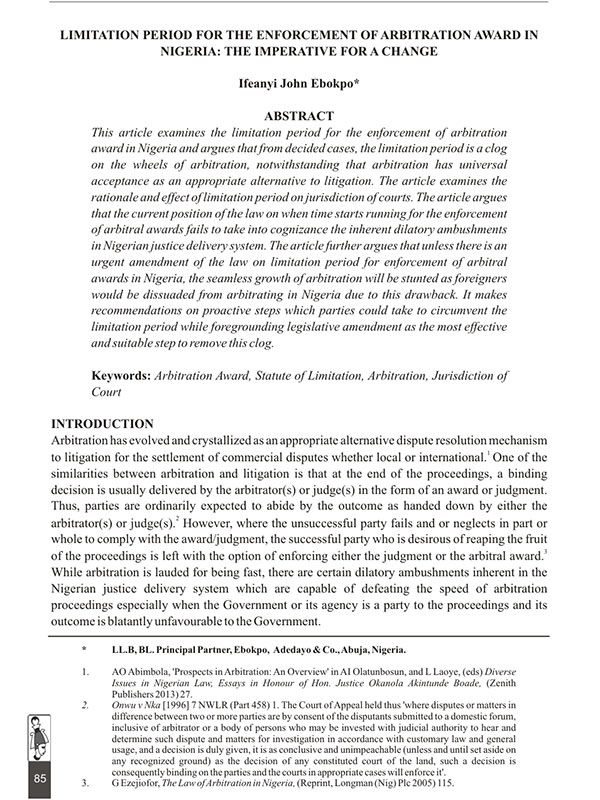
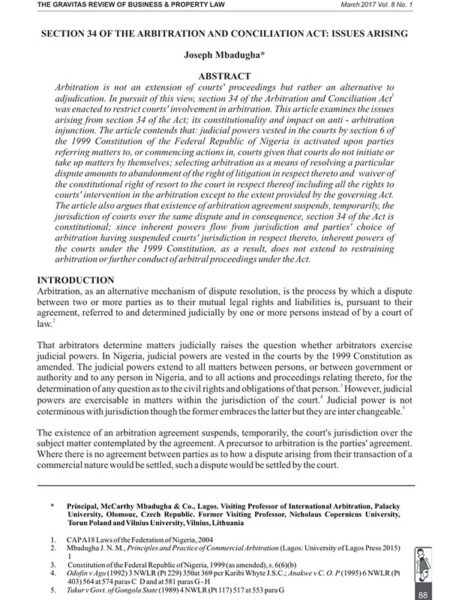
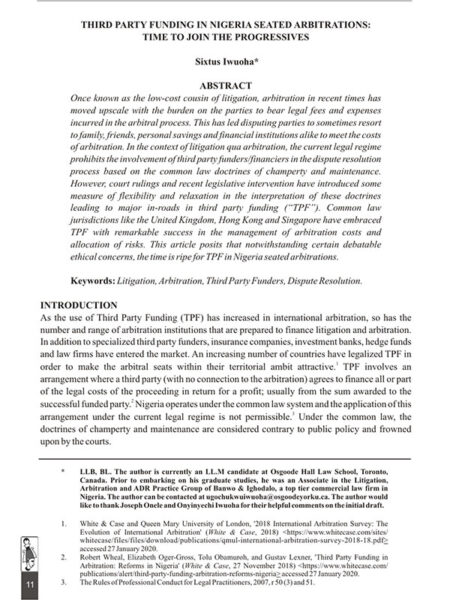
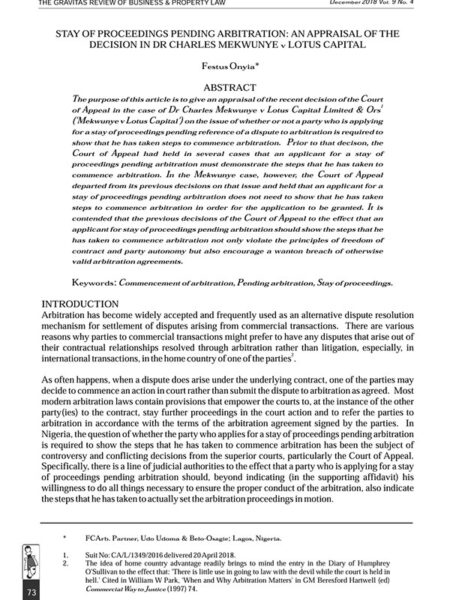
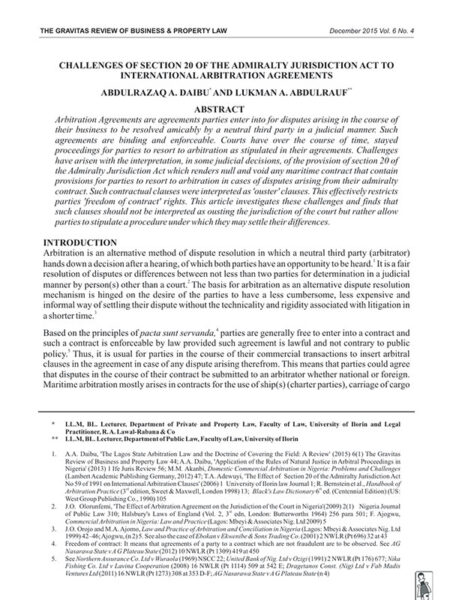


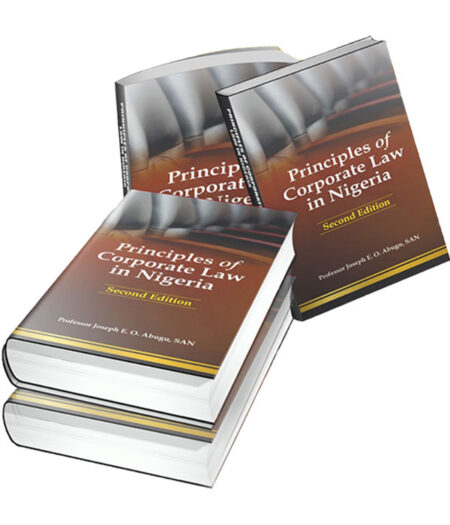
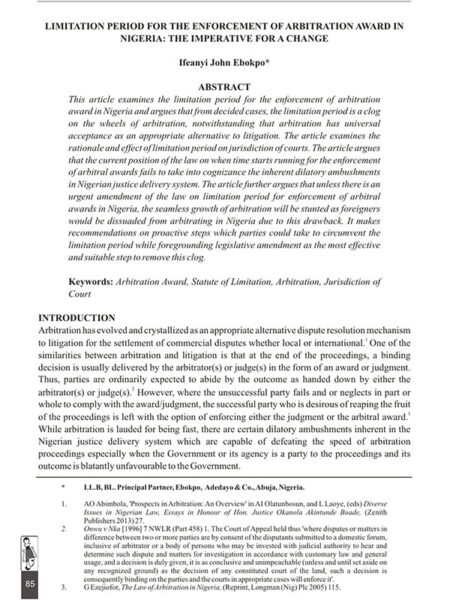
Reviews
There are no reviews yet.